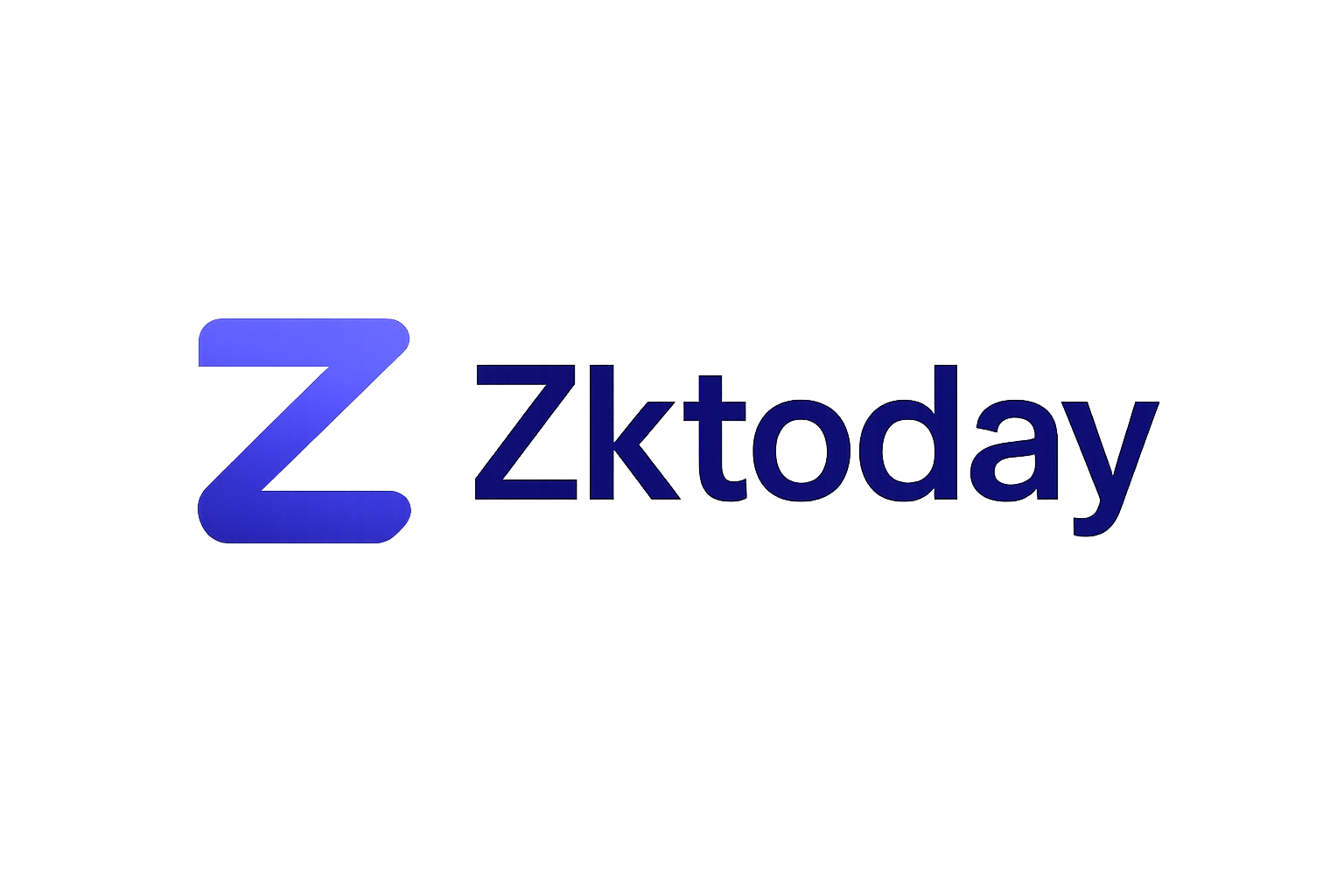
Zero-knowledge proofs (ZKPs) are rapidly transforming how we think about blockchain scalability, privacy, and trust. At their core, ZKPs let one party prove to another that a statement is true without revealing the underlying data. This almost magical property is now at the heart of offchain computation solutions that maintain robust onchain trust – a breakthrough for anyone who wants both efficiency and security in decentralized systems.

Why Offchain Computation Needs Onchain Trust
Blockchains like Ethereum are powerful, but they’re also slow and expensive when it comes to complex computations. Every transaction or smart contract execution chews up block space and racks up gas fees. So, why not just do the heavy lifting offchain? The answer is simple: trust. If you compute something outside the blockchain, how does anyone know you did it honestly?
This is where zero-knowledge proofs step in as game changers. By generating a cryptographic proof that your offchain computation was done correctly, you can convince the blockchain (and everyone else) that your results are valid – no need to re-run or reveal sensitive data onchain.
The ZK Rollup Revolution: Scaling Without Sacrificing Security
One of the most impactful applications of ZKPs in blockchain today is the rise of ZK-rollups. These layer 2 solutions bundle hundreds or thousands of transactions together, process them offchain for maximum speed and efficiency, then submit a single succinct proof back to Ethereum Mainnet. The result? Massive scalability gains without compromising on security or decentralization.
ZK-rollups have become a cornerstone of Ethereum’s scaling roadmap – by keeping only essential data onchain while verifying everything with zero-knowledge validity proofs, they dramatically reduce costs for users and open up new possibilities for complex decentralized apps (dApps). For an in-depth primer straight from Ethereum’s own docs, check out ethereum.org’s guide to zk-rollups.
Key Benefits of Zero-Knowledge Proofs for Offchain Computation
-
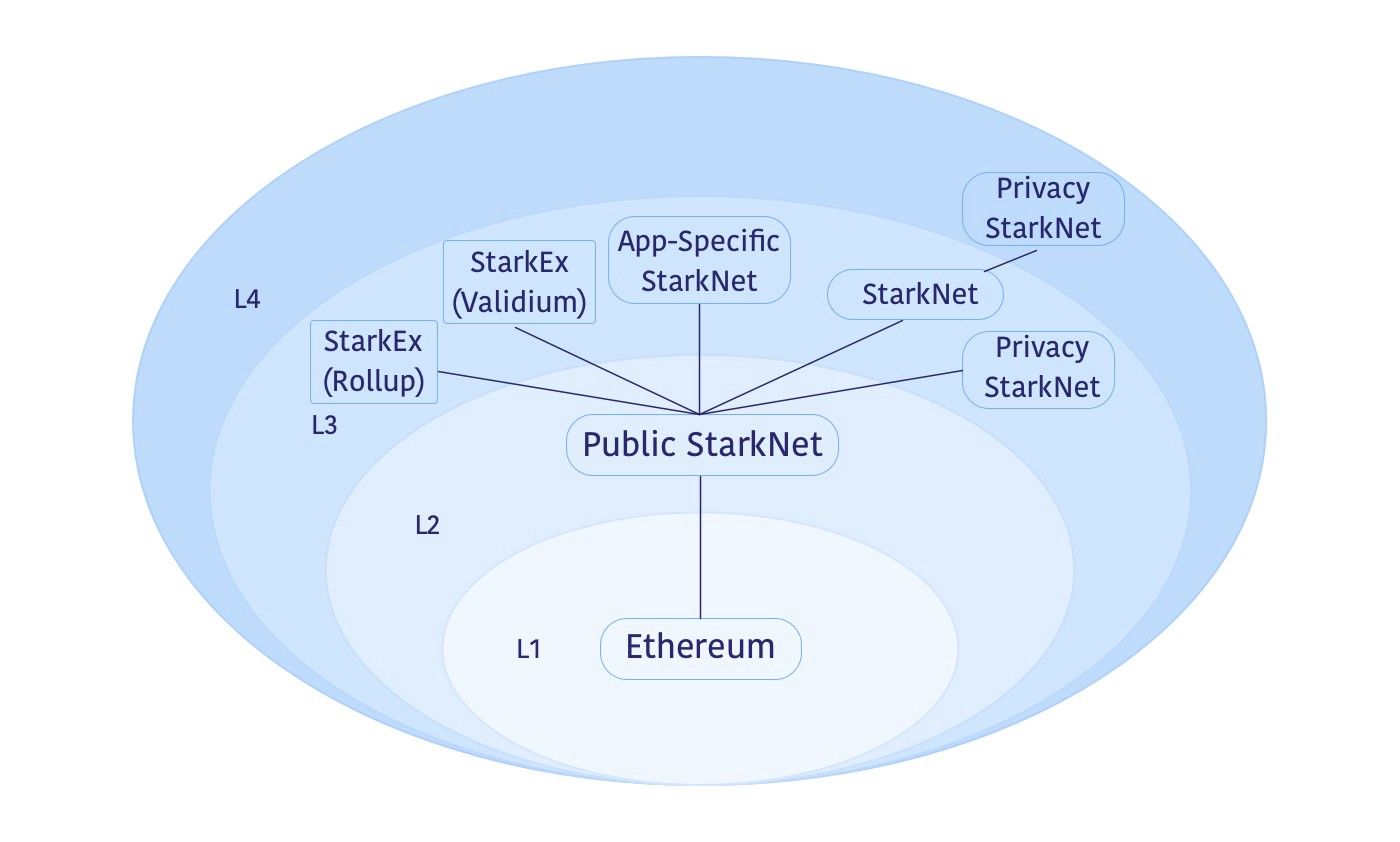
Scalability Boost: ZKPs enable offloading complex computations from the main blockchain, dramatically increasing throughput and reducing congestion. Solutions like ZK-Rollups bundle thousands of transactions offchain, then submit a single succinct proof onchain for verification.
-
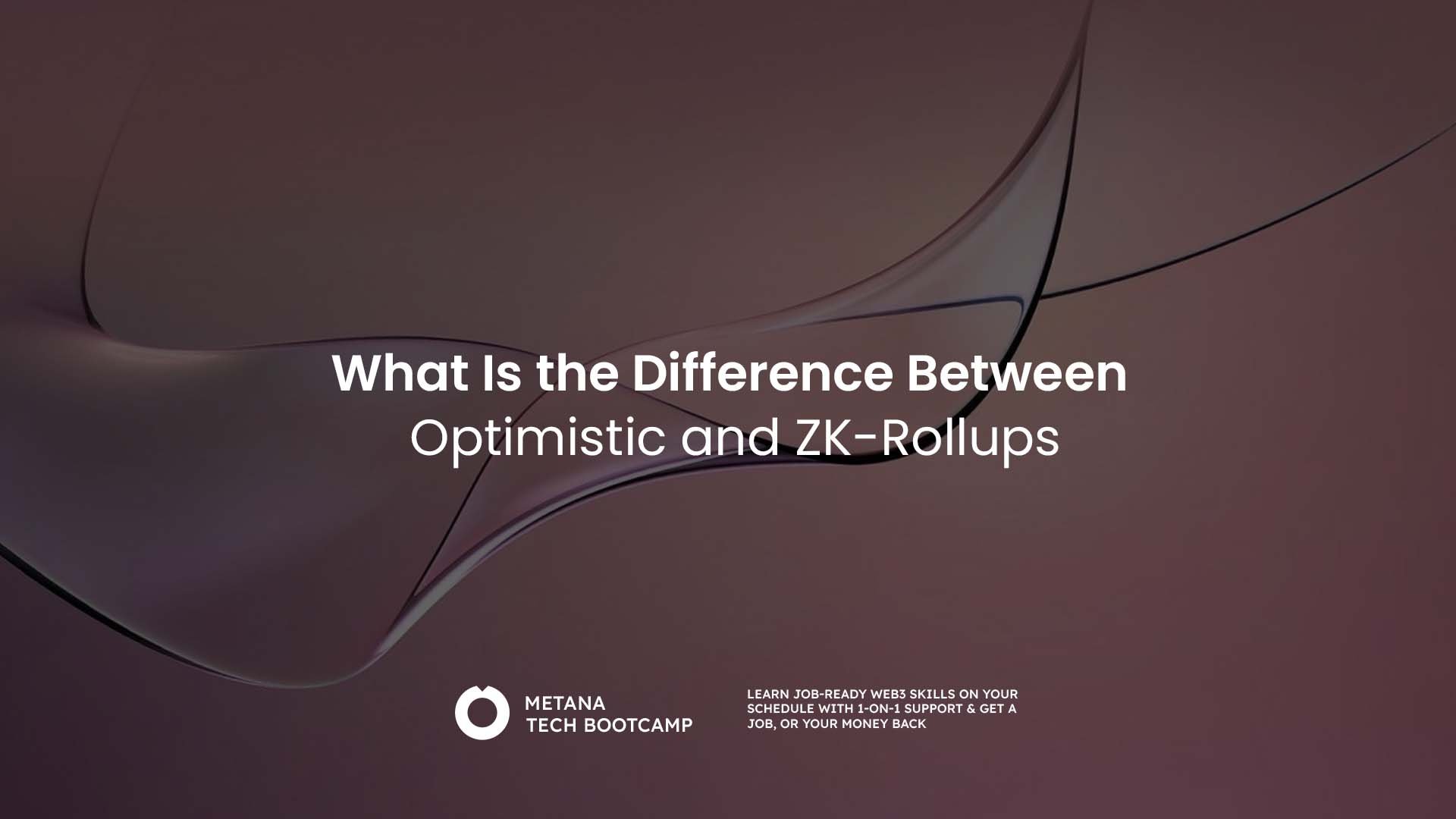
Lower Transaction Costs: By verifying only succinct proofs onchain, ZKPs slash gas fees and operational expenses. For example, zk-Oracle and ZK-Rollups both minimize the data and computation required on Ethereum, making decentralized applications more affordable to use.
-
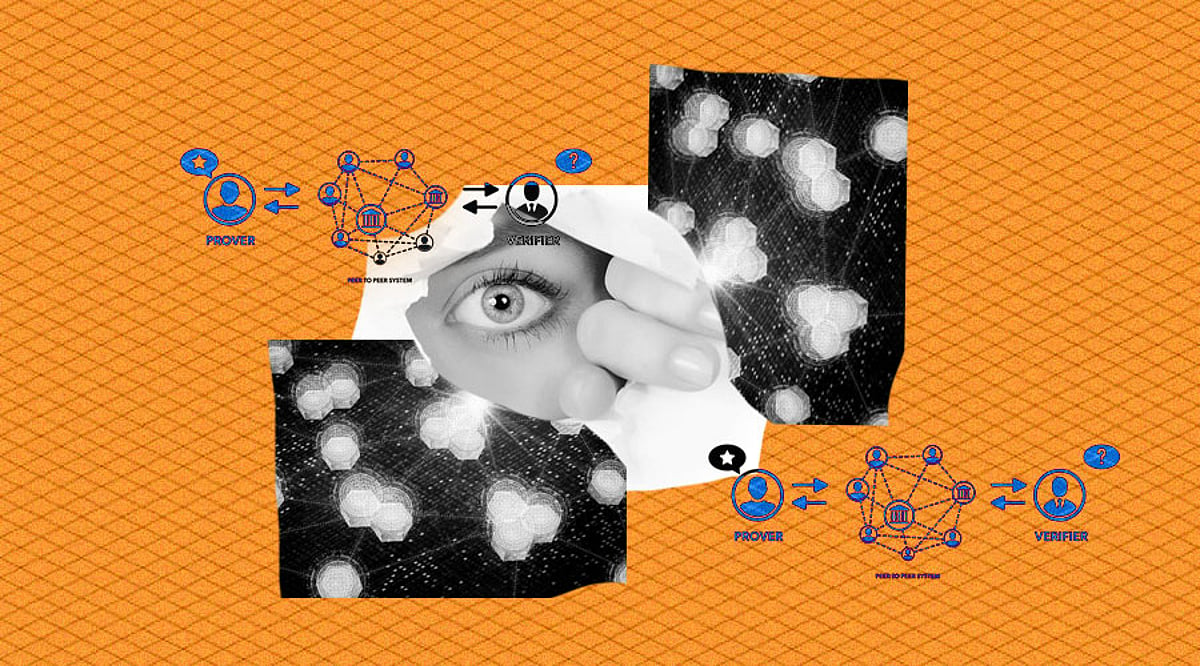
Onchain Trust Without Data Exposure: ZKPs allow verification of offchain computations without revealing sensitive data or proprietary algorithms. This preserves user privacy and business confidentiality while maintaining blockchain-level trust.
-
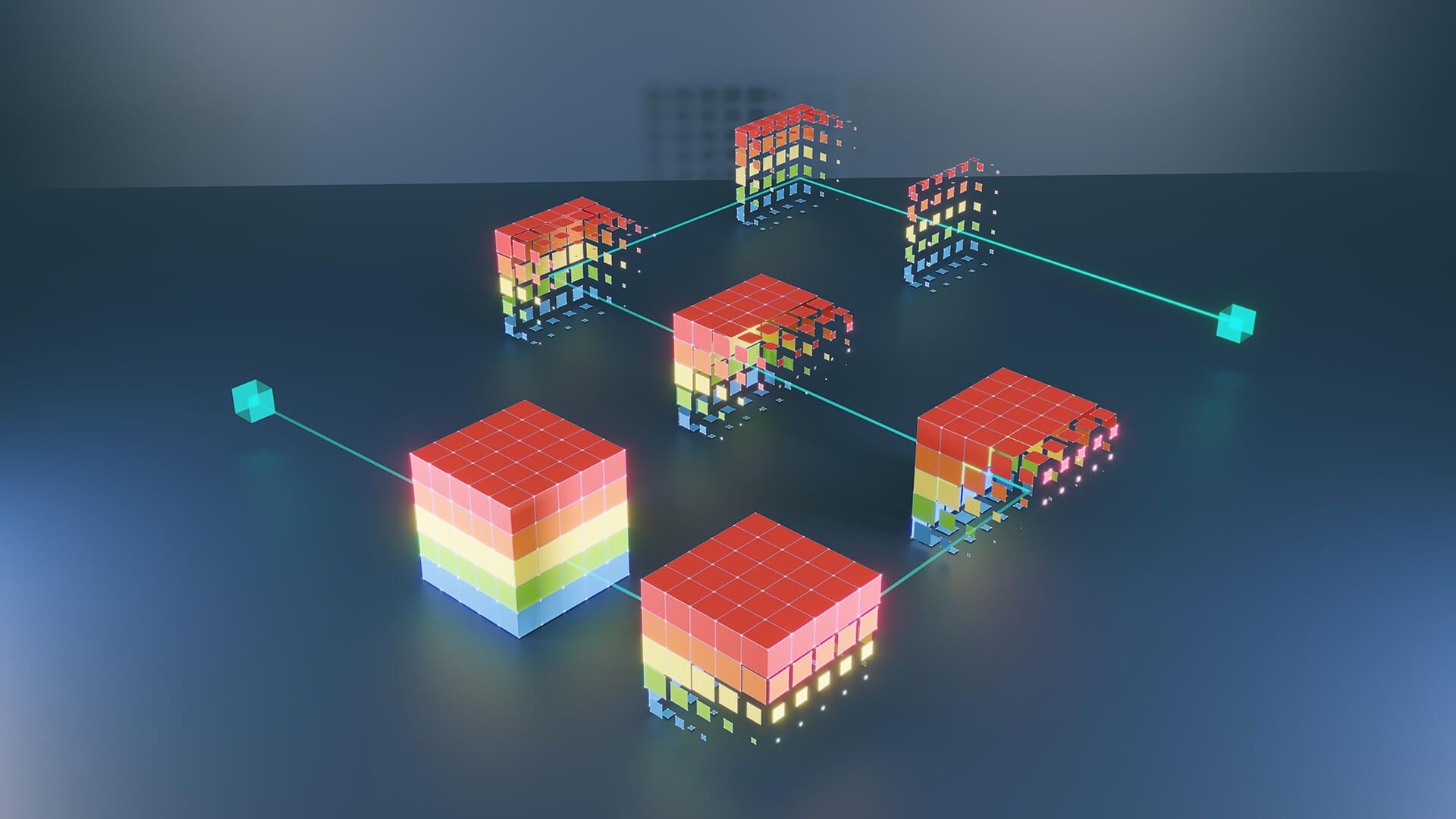
Enhanced Security and Integrity: With ZKPs, every offchain computation can be independently verified onchain, eliminating the need to trust third-party operators. Technologies like Trusted Compute Units (TCUs) ensure correctness and prevent tampering.
-
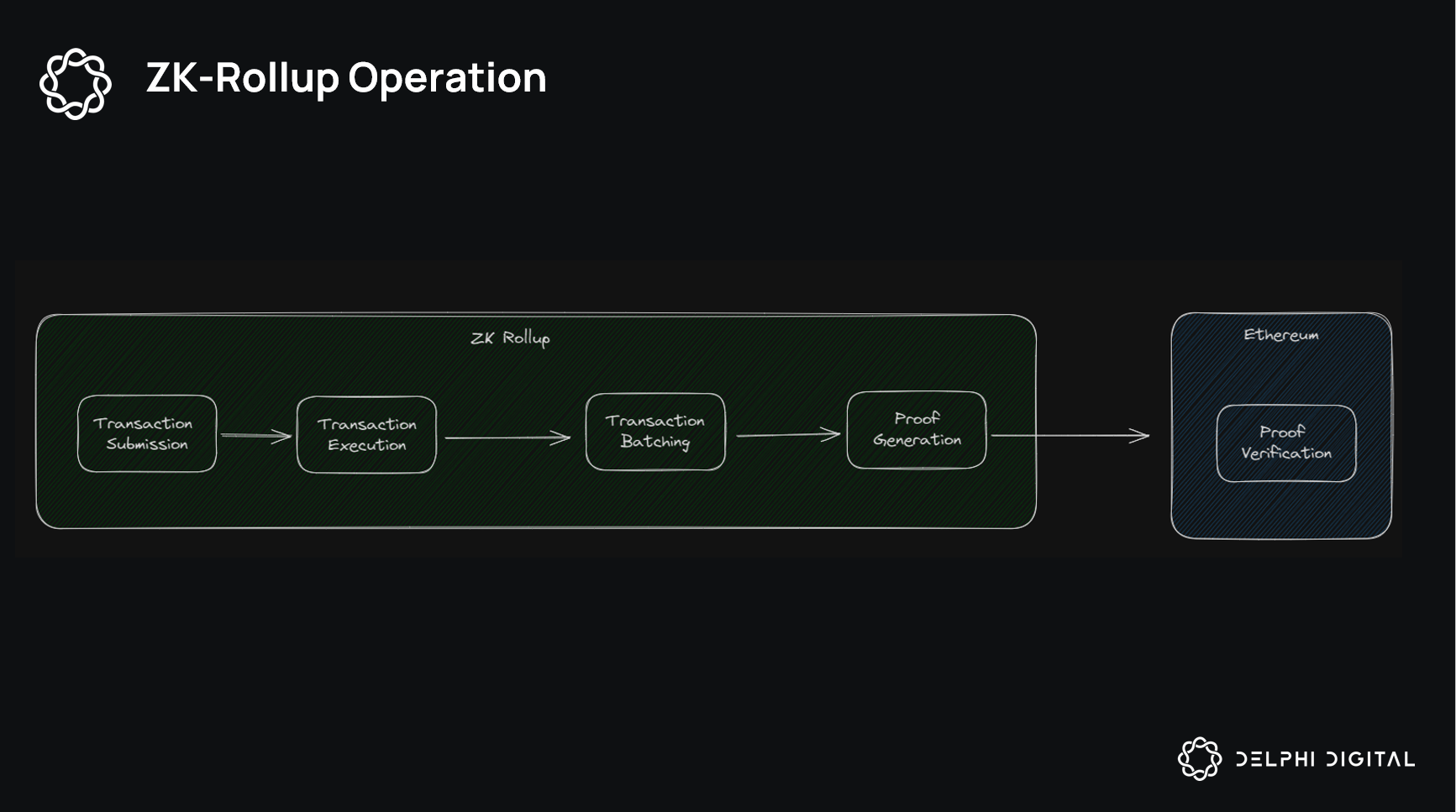
Enabling Complex Applications: ZKPs unlock new possibilities for decentralized apps by allowing them to handle heavy computations offchain. Zero-Knowledge Coprocessors empower smart contracts to process advanced logic and data analysis without overwhelming the network.
How Zero-Knowledge Proofs Secure Offchain Computation
The workflow looks like this:
- Step 1: The prover executes heavy computations offchain – whether it’s processing transactions, running machine learning models, or aggregating data.
- Step 2: The prover generates a zero-knowledge proof attesting to the correctness of their work.
- Step 3: This proof is submitted to an onchain verifier (often a smart contract), which checks the proof’s validity quickly and efficiently.
If the proof checks out, the blockchain accepts the result as legitimate – all without ever seeing private inputs or repeating expensive calculations. This method preserves both privacy and computational integrity at scale.
The practical impact? Projects can now build dApps that rely on complex logic or privacy-sensitive workflows while keeping gas costs manageable. Cutting-edge frameworks like Trusted Compute Units (see arxiv. org) and zero-knowledge coprocessors are already pushing these boundaries even further.
But the real magic happens when this technology meets real-world use cases. Imagine a decentralized exchange that settles trades offchain, or an AI-powered dApp that crunches data privately and only reveals results once verified onchain. Suddenly, scalability and privacy aren’t mutually exclusive, they’re synergistic. That’s why zero-knowledge proofs for offchain computation are at the heart of the next wave of blockchain innovation.
Practical Challenges and What’s Next
Of course, it’s not all smooth sailing. Generating zero-knowledge proofs, especially for complex computations, can be resource-intensive on the prover’s side. Developers face a steep learning curve when integrating ZKP frameworks, and there are ongoing debates about standardization across platforms. Despite these hurdles, the ecosystem is moving fast: new protocols like zk-SNARKs and zk-STARKs are making proof generation more efficient and accessible every quarter.
Meanwhile, projects like BlockEden are showing how programmable privacy can be achieved with offchain compute plus onchain verification, opening doors for everything from confidential DeFi to supply chain audits.
Key Challenges for Zero-Knowledge Proofs in Blockchain
-
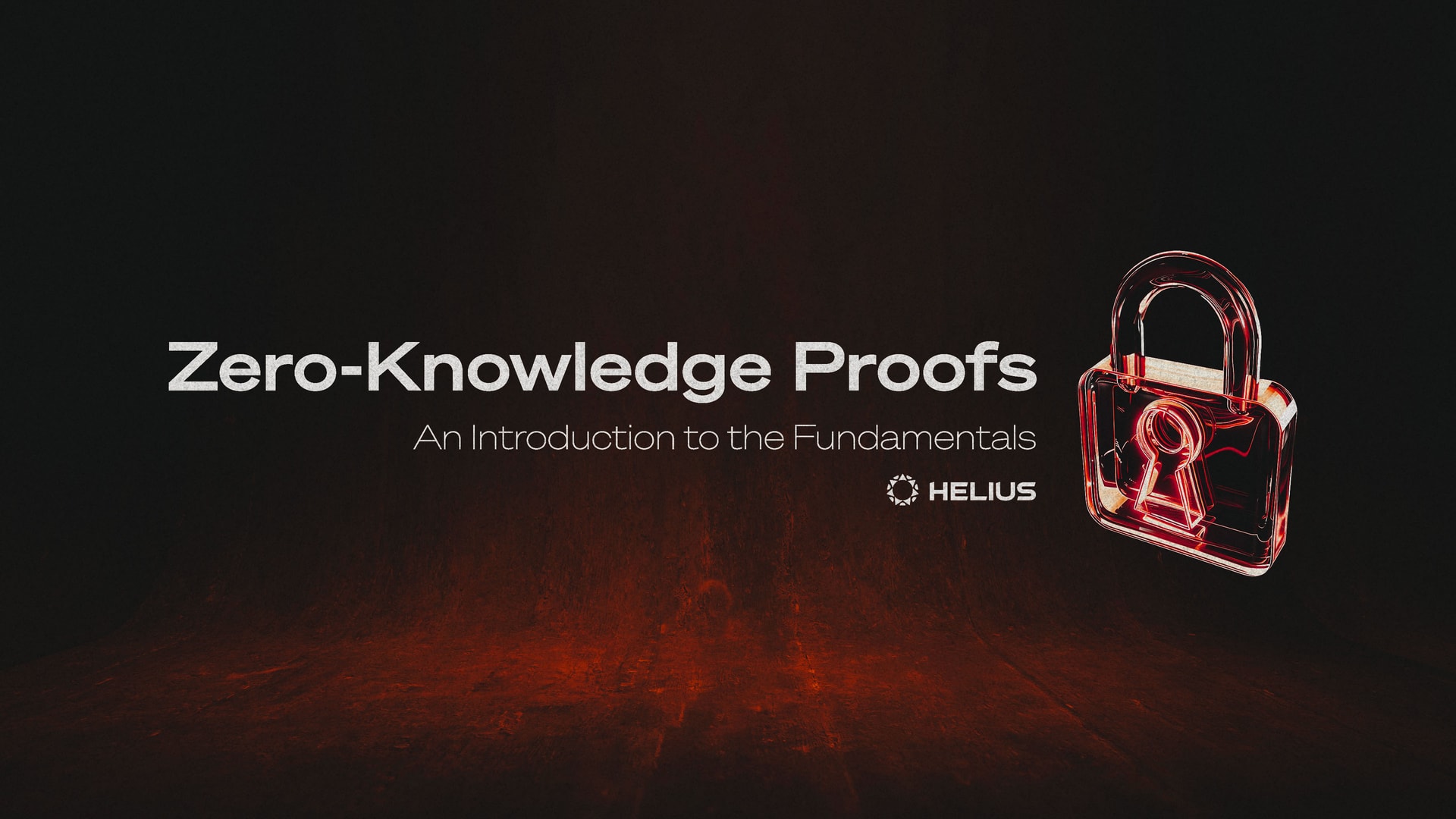
High Computational Costs for Proof Generation: Generating zero-knowledge proofs, especially for complex computations, often requires significant processing power and time, which can limit scalability and increase costs for users and developers.
-
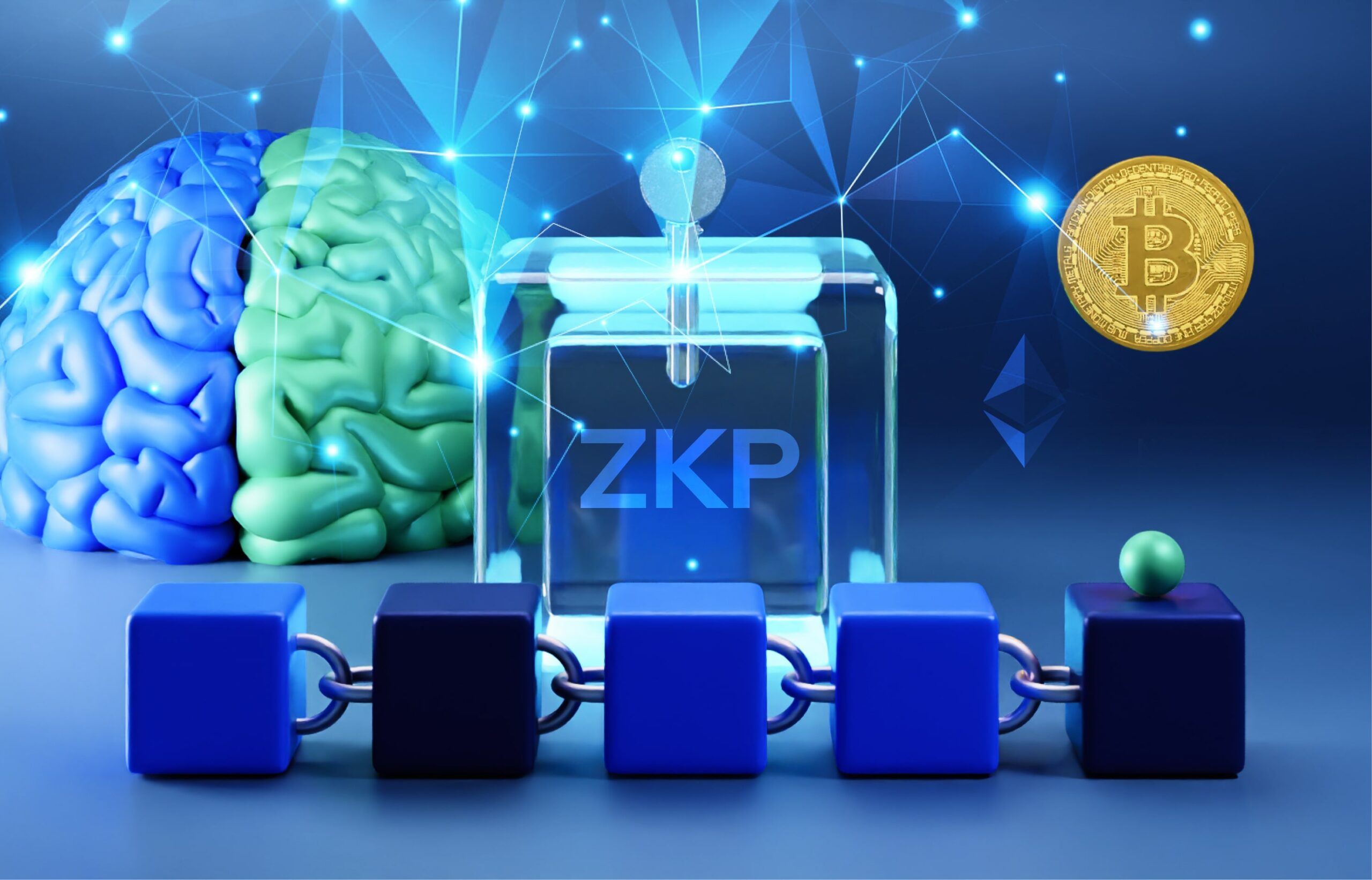
Large Proof Sizes and Onchain Verification Overhead: While ZKPs are designed to be succinct, some proof systems (like ZK-STARKs) can still produce relatively large proofs. This increases onchain data storage and verification costs, impacting blockchain efficiency.
-
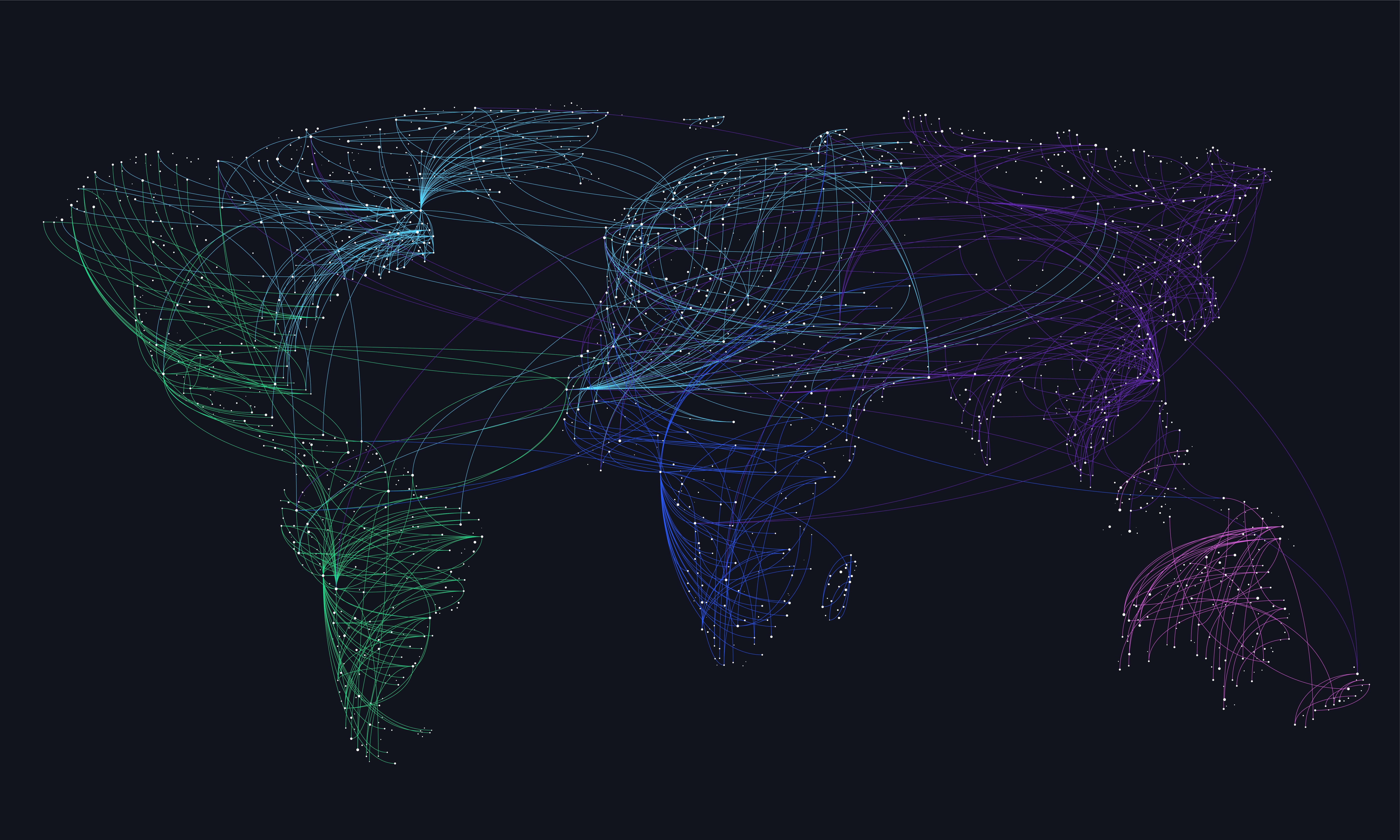
Trusted Setup Requirements: Many popular ZKP systems, such as zk-SNARKs, require a trusted setup ceremony. If compromised, this initial setup can undermine the security of the entire system, raising concerns about decentralization and trust.
-
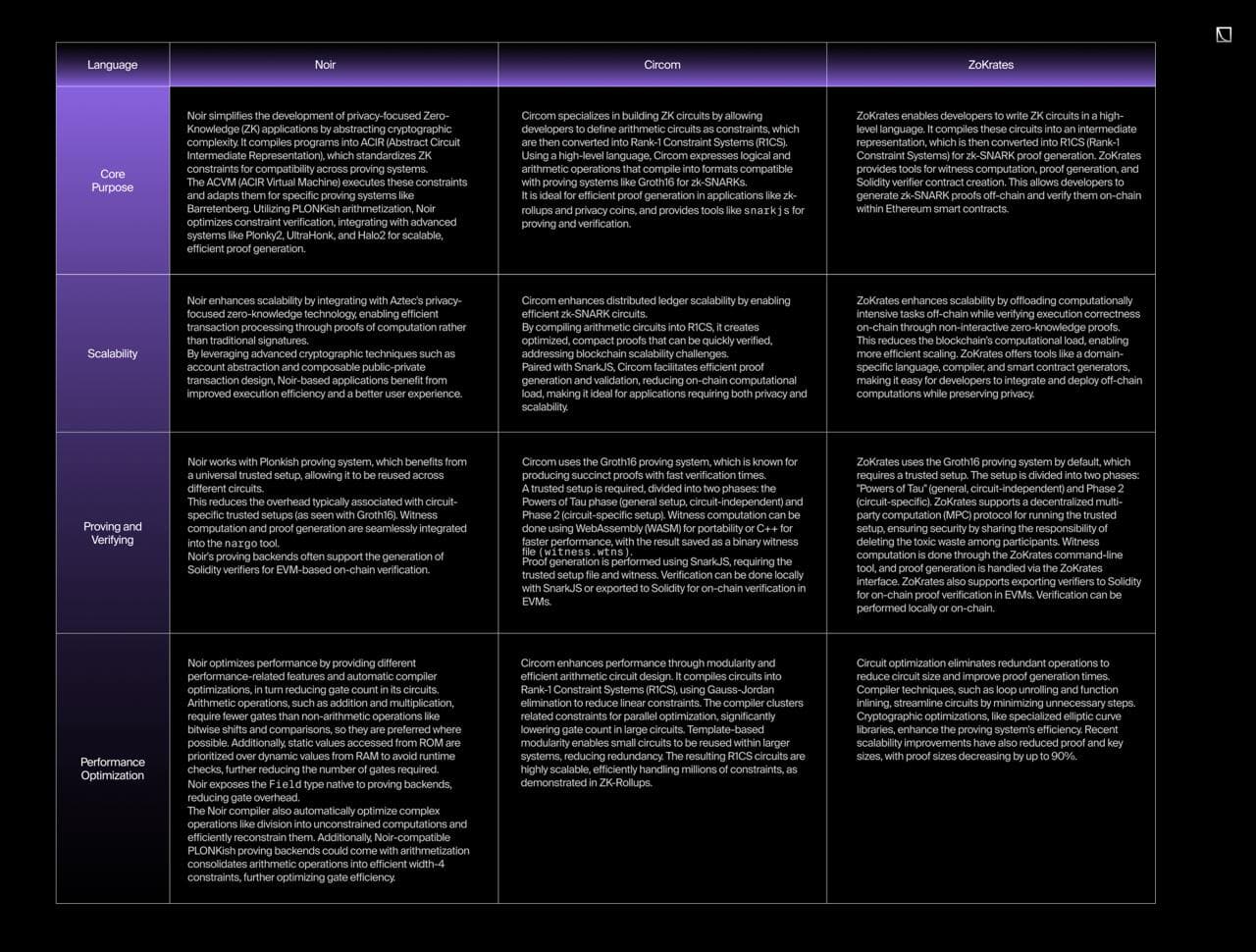
Developer Complexity and Limited Tooling: Implementing ZKPs demands specialized cryptographic knowledge, and the ecosystem of developer tools, libraries, and documentation is still maturing. This slows adoption and increases the risk of implementation errors.
-

Interoperability with Existing Blockchain Protocols: Integrating ZKP-based solutions like ZK-rollups or zk-Oracles with current blockchain networks can be challenging due to differences in protocol standards, smart contract languages, and consensus mechanisms.
-
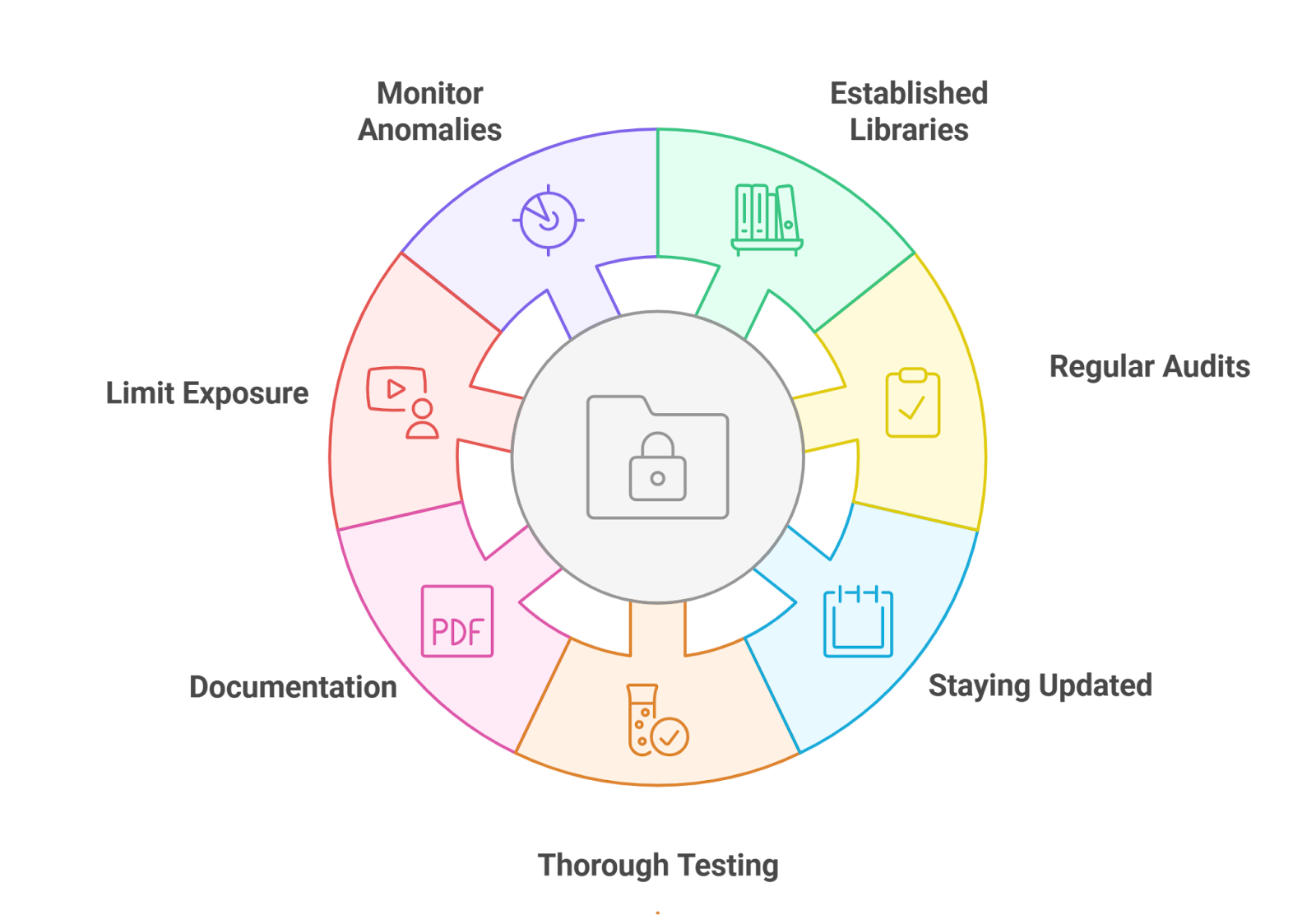
Auditing and Security Assurance: The cryptographic complexity of ZKPs makes them difficult to audit and formally verify. This can lead to undetected vulnerabilities and complicates security reviews for mission-critical blockchain applications.
And let’s not forget security: ZKPs don’t just make things faster, they make them safer. By anchoring proof verification onchain, blockchains maintain their core ethos of ‘don’t trust, verify. ’ Users can interact with dApps or protocols knowing that even if computation happens elsewhere, the results are mathematically guaranteed to be correct.
Why This Matters for Builders and Investors
If you’re a developer or project founder, integrating zero-knowledge proofs into your stack isn’t just a nice-to-have, it’s fast becoming table stakes for any serious blockchain application that wants to scale without compromise. For investors and traders (like myself), understanding which projects are pioneering practical ZKP solutions can give you an edge in spotting tomorrow’s breakout protocols today.
The bottom line? Zero-knowledge proofs unlock a new paradigm: do more offchain while trusting what happens onchain. The winners in this space will be those who adapt quickly to these tools, so stay nimble, keep learning, and don’t get left behind as ZK tech redefines what’s possible in Web3.
